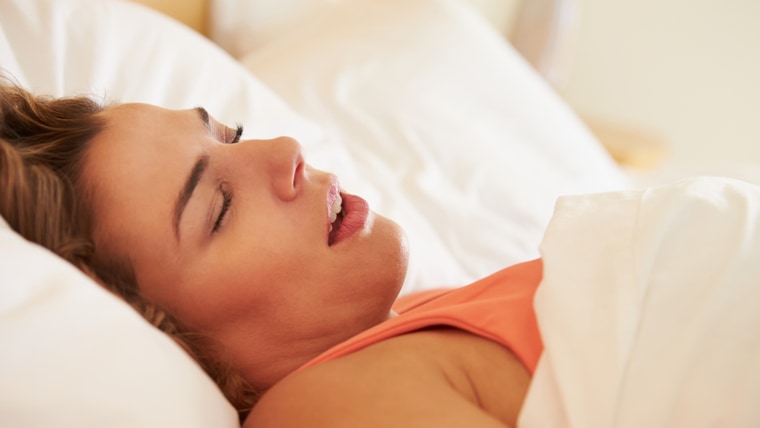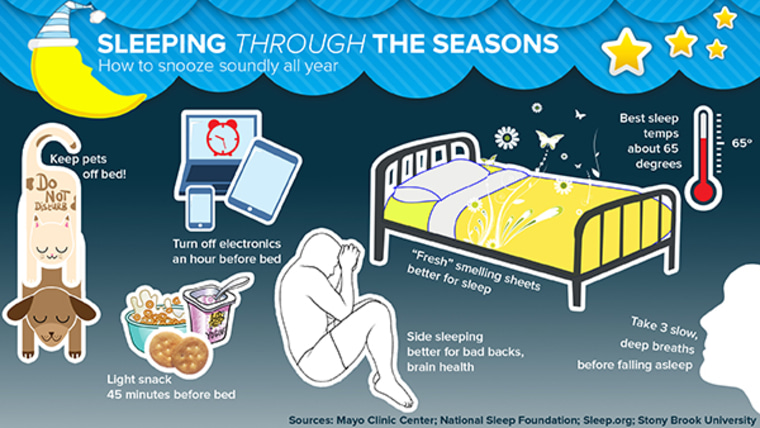Sleep apnea, which causes pauses in people's breathing during the night, is usually associated with snoring middle-aged men. But women experience it, too, and may suffer from poorer heart health than men, according to a recent study in the journal Circulation.

“The sleep apnea in and of itself … seems to have a stronger influence on women than men,” says Dr. Amil Shah, an author of the paper and an assistant professor of medicine at Harvard Medical School.
Shah and his colleagues looked at 752 men and 893 women, with an average age of 62.5. At the beginning of the study, none of the participants experienced cardiac problems. Then the researchers looked at the same people about 14 years later to see if anyone experienced coronary disease, heart failure, and cardiovascular disease.
Both men and women who had obstructive sleep apnea had higher troponin T levels—a marker in the blood that indicates heart injury—larger, thicker hearts, and heart failure. But when the researchers controlled for other diseases, such as diabetes and hypertension, only women experienced high troponin T levels, heart failure, and thicker hearts.
“This finding is novel in terms of the implication being that sleep apnea potentially has a more serious independent effect in women than men,” says Shah. “It is important to look for sleep apnea in women and it is important to treat it.”
Shah stresses that there is an association between sleep apnea and troponin T levels, heart failure, and thicker hearts in women; it is not a causal relationship.
Dr. Shalini Paruthi, who was not involved in the study, agrees that the study shows the importance of screening women for sleep apnea. She also says the findings indicate that women experience sleep apnea differently than men. She urges people to think of it as they do heart attacks—both diseases manifest different in men and women.
But, she says the study provides more evidence that women need to take their sleep seriously, especially after menopause when women’s rate of sleep apnea increases.
“This study was really helpful in showing that women get sleep apnea. It might not be that obvious in their day-to-day lives,” says Paruthi, a fellow of the American Academy of Sleep Medicine and the director of the Pediatric Sleep and Research Center at Saint Louis University.
RELATED: Changing how you brush your teeth can help you sleep better
Not everyone who snores has sleep apnea and it often goes undiagnosed, because the gasps and choking sounds aren't always so severe that they cause someone to wake up. But it interrupts sleep and can cause daytime grogginess.
Others signs of sleep apnea, according to the National Heart, Lung and Blood Institute:
Morning headaches
Feeling irritable or depressed; mood swings
Waking up frequently to urinate
Memory or learning problems; difficulty concentrating
Dry mouth or sore throat when you wake up
